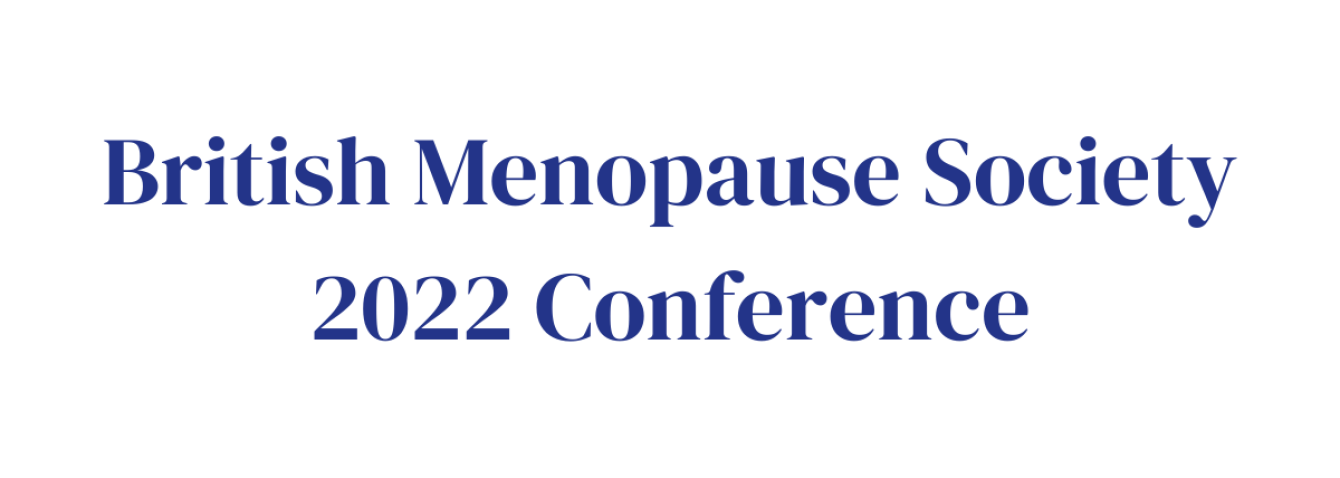
BMS Conference Poster: Mind the Menopause Gap
The British Menopause Society’s annual conference was held in Warwickshire this month and a team from NHMS presented findings from a survey commissioned by The Fawcett Society on the treatment gap that still exists between numbers of those needing treatment compared to those receiving treatment for menopausal symptoms.
Dr Louise Newson joined forces with Dr Daniel Reisel, Andrew Bazeley, Kate Muir and Dr Rebecca Lewis to showcase three posters highlighting a range of different findings from surveys carried out into the perimenopause and menopause during this last year, commissioned by The Fawcett Society.
Whilst most women experience some symptoms related to their menopause, many don’t receive the advice and care they need. Researchers wanted to find out just how wide is this gap in health provision. A large-scale panel survey was carried out on women aged 45-55 with current menopausal symptoms. The survey was conducted online and included 4,014 female respondents. Data was weighted to be representative of UK women aged 45-55 by age and region.
Results showed in the UK population of women experiencing symptoms of the menopause or perimenopause, a mere 14% were currently taking HRT, and only 7% said they had taken HRT in the past but stopped. Of those who had never taken HRT (79%), two-thirds had experienced five or more symptoms related to the menopause (66%).
Over half of the study population who were taking HRT (54%) agreed with the statement that the treatment ‘had given them their life back’, and over a third of women taking HRT (36%) and who were currently working said that it had helped them being more productive at work. Only 18% reported that HRT had not helped resolve their symptoms, and just 2% said that they planned to stop HRT because of the side effects.
The authors concluded:
“The first step in improving access to menopause care is an accurate understanding of the scope of the current shortfalls in care. This survey adds to previous evidence showing that most women in the UK with severe menopausal symptoms do not receive the care they need. Further work is needed to explore how we can attempt to close this gap.”